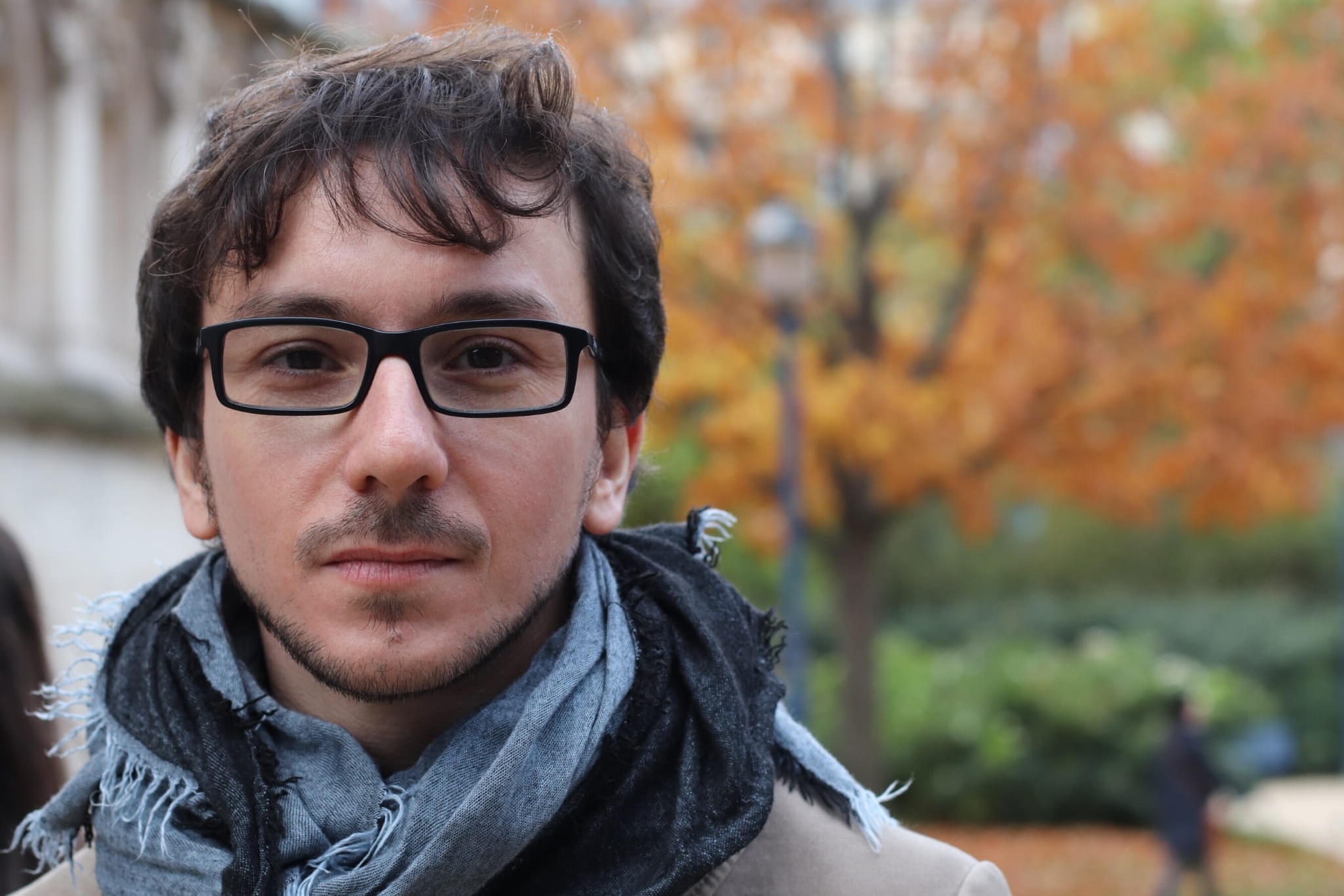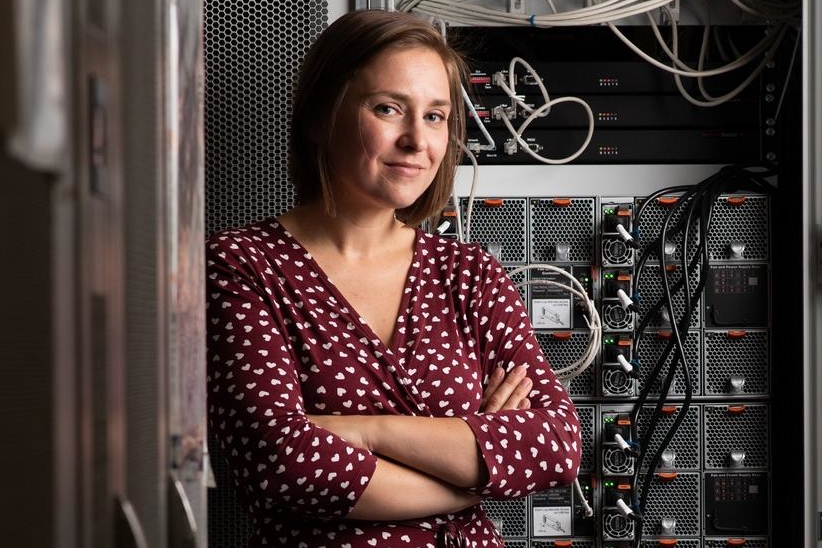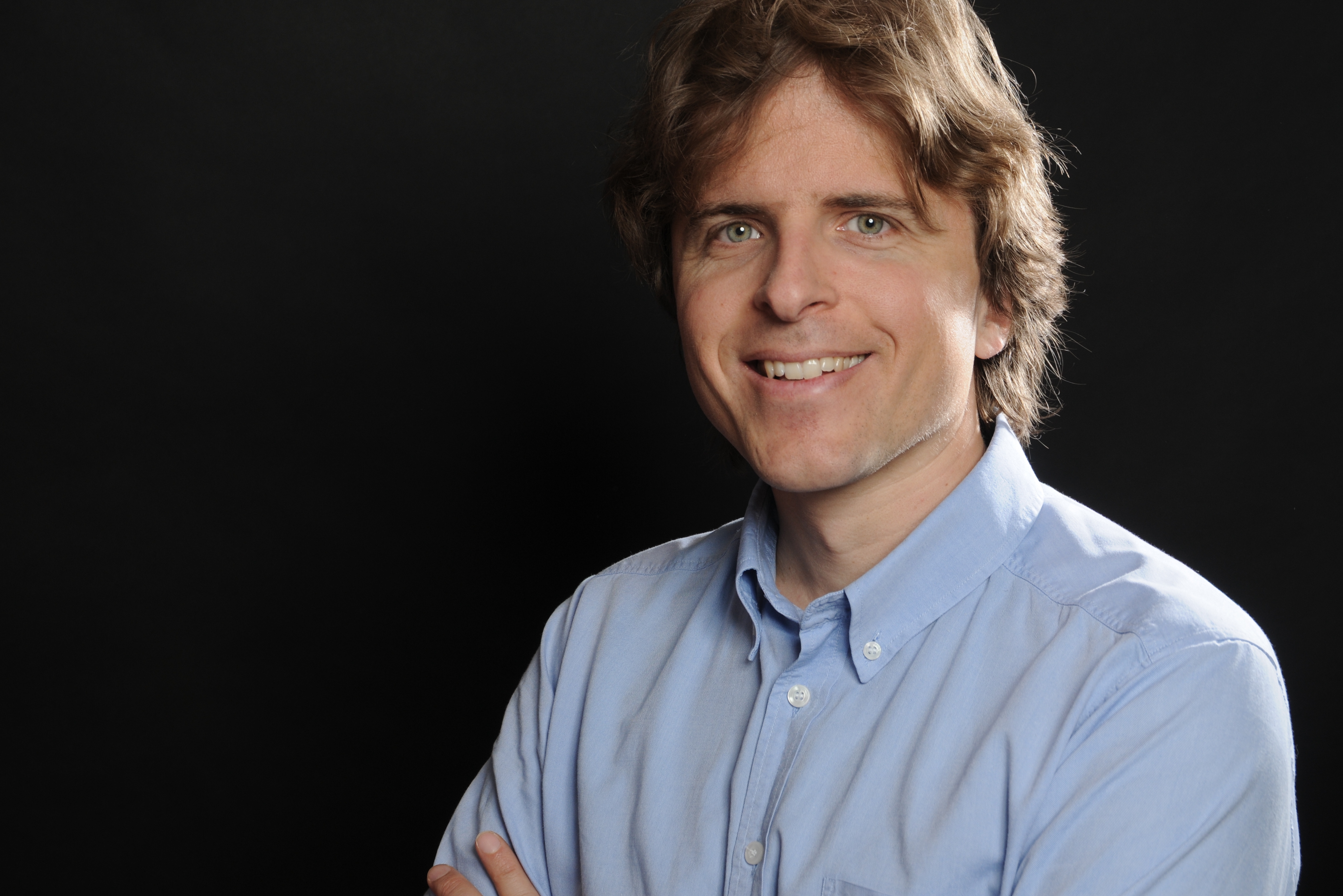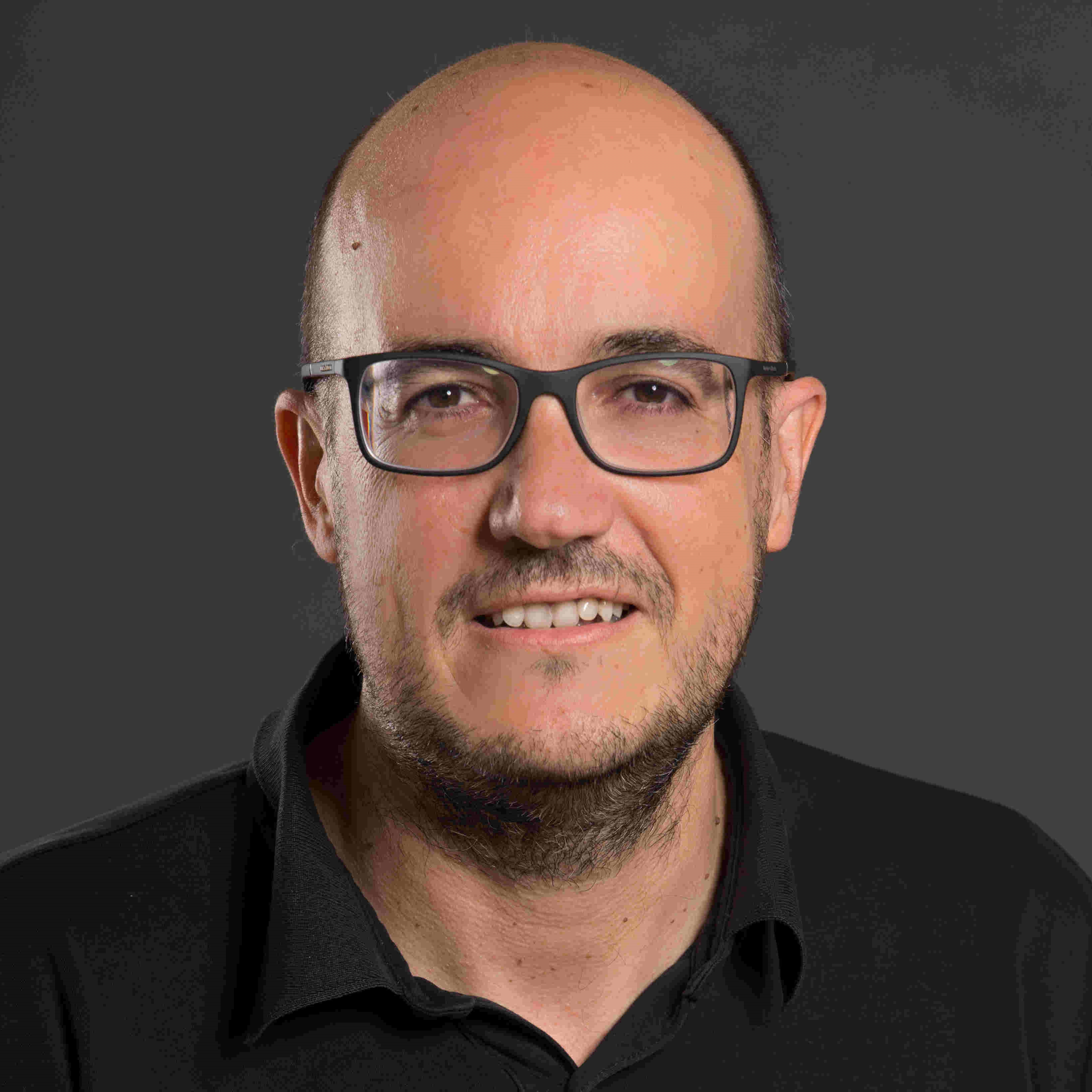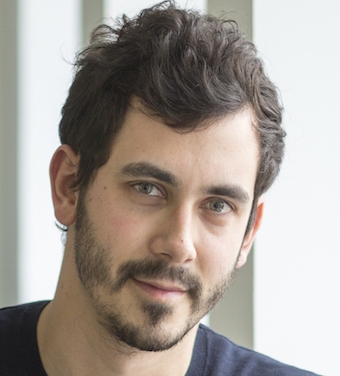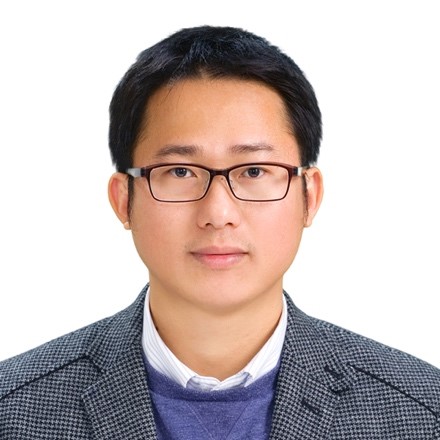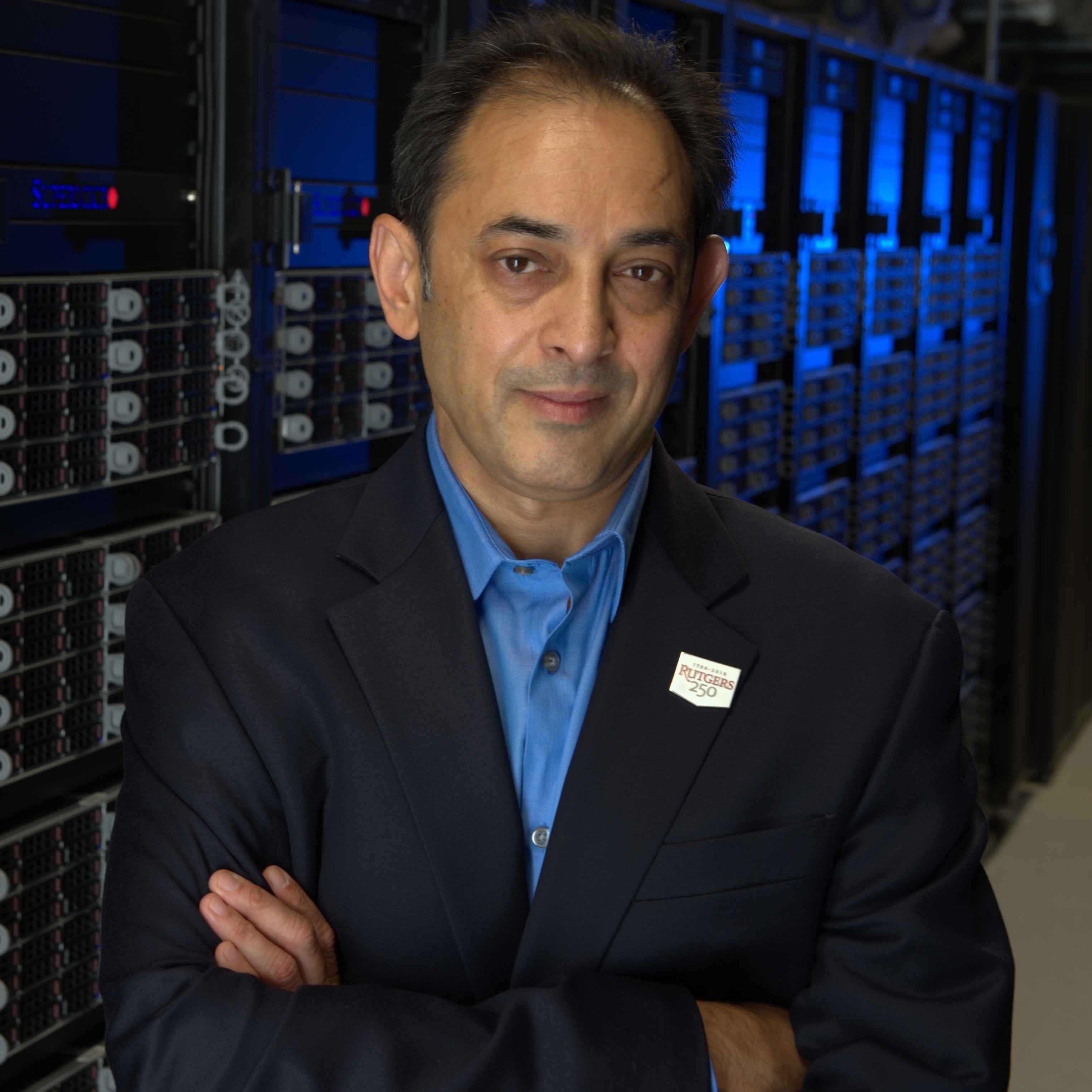How to attend (DCC 2020)

The International Workshop on Distributed Cloud Computing (DCC) both distributed systems and algorithms as well as networking and cloud computing. DCC 2020 is co-located with SIGMETRICS 2020. The selected topic of DCC 2020 is Machine Learning in distributed environments.
For DCC 2020 we decided to turn the challenges posed by the pandemic to an opportunity to rethink our workshop format, in order to allow researchers around the world to engage in a first-hand discussion with the authors and the other participants.
All talks are publicly available on our Youtube channel.
To join the discussion:
- Go to the ACM SIGMETRICS website and fill the Google form to access the online conference.
- You will get a link to join the official Slack space of SIGMETRICS. No fees are required, you just need a Slack account.
- You will find the "workshop_dcc" channel, where the discussion takes place.
The discussion will start on June 9, 2020.
Chairs

